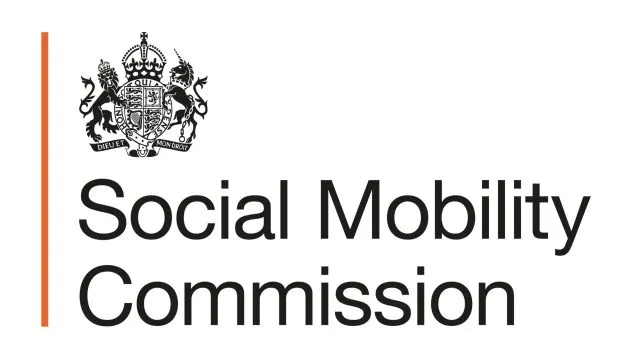The United Kingdom has very low social mobility compared to other OECD nations. Children’s academic attainment is closely linked with their parents’ income, occupation and educational qualifications .While it has been observed that education can break the cycle of disadvantage, in the United Kingdom as educational opportunities grow, inequalities appear to widen. Therefore, to improve social mobility it is imperative to explore the drivers that relate to children’s outcomes. Children’s experiences in the early years, especially from birth to the age of five, have a long term impact on outcomes. By the time that students receive their GCSE results, around 32 per cent of the variation in performance can be predicted on the basis of indicators observed at or before age five. Children develop cognitively, emotionally and socially at a very rapid pace during the early years; it is a crucial time to influence their readiness for school, which can help to lay the groundwork for future success in education. By the time children begin school, however, inequalities in outcomes are already apparent. In the last decade more than 2.5 million children in England, including over 580,000 children known to be eligible for free school meals, had not reached the Government’s definition of a good level of development at the age of five.
Research has shown a link between specific behaviours and approaches that parents deploy, including the educational activities that parents engage in with their children (often termed the ‘home learning environment’), and child outcomes in the early years. Sylva and colleagues argue that when it comes to child outcomes, parenting behaviours and the approach of parents to parenting, including the creation and quality of the home learning environment is more important than parents’ social class and levels of education, although the evidence is clear that these factors are strongly related.
This report reviews the research on universal interventions that aims to influence parenting behaviours and approaches in the earliest years of a child’s life. The review explores universal parenting interventions in countries with a high index on social mobility, including Finland, Germany, the Netherlands, Denmark and Canada, as well as other countries such as Australia, Sweden, the United Kingdom, Ireland, China (specifically Hong Kong), and the United States of America. This review attempts to answer the following questions:
- Can universal interventions positively influence the parenting behaviours and approaches that matter to child outcomes? What has been shown to work, in the United Kingdom or abroad, or is showing signs of success?
- To what extent are parenting behaviours and approaches that matter to child outcomes amenable to public policy interventions?
- To what extent is there evidence of other ways to mitigate the impact of poverty on parents and the home learning environment?
